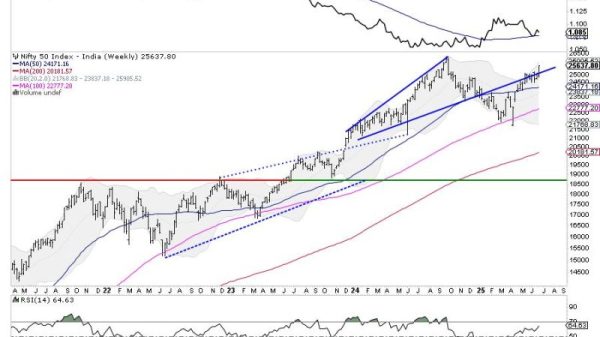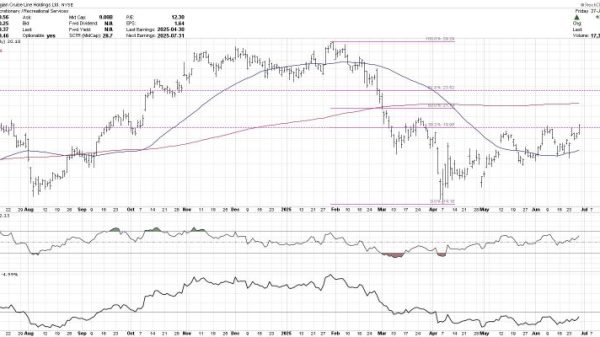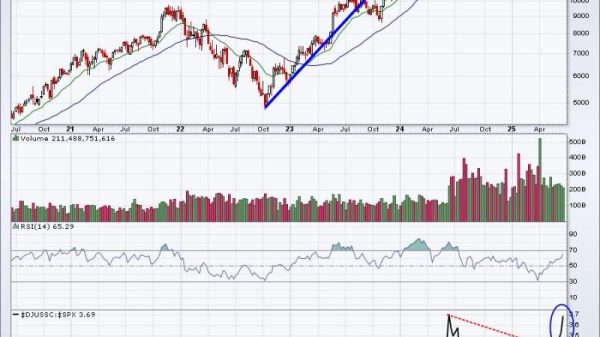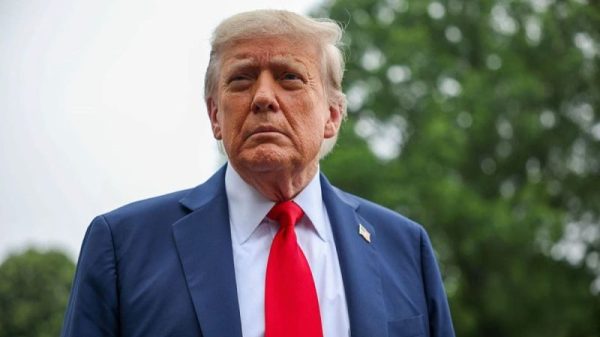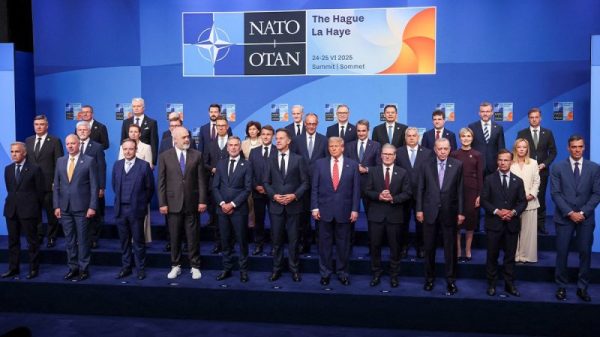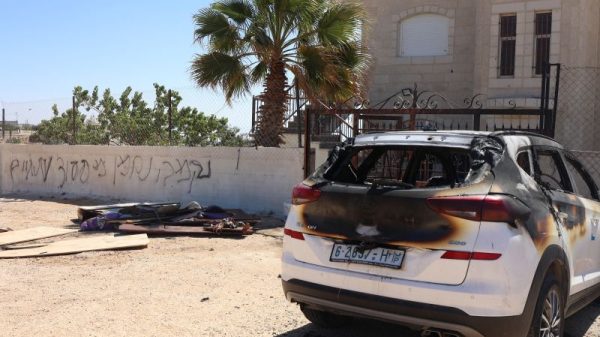Israel has yet to agree how to respond to the Iranian attack over the weekend that saw more than 300 projectiles fired at its territory in the first direct military confrontation between the Islamic Republic and the Jewish state.
Israel must balance international pressure to show restraint on the one hand, while searching for an appropriate response to an unprecedented attack. Prime Minister Benjamin Netanyahu now has to weigh his right-wing coalition’s call for a strong reaction against the risk of further international isolation for Israel by widening the war without international support.
Analysts say that Israel has few options, and each of those options comes with a price for the Jewish state, especially as it is already embroiled in a brutal six-month war with Hamas in the Gaza Strip and is confronting various Iran-backed militants in the region.
A direct attack on Iran would set yet another precedent. While Israel is believed to have conducted covert operations in Iran over the years, often targeting individuals or facilities seen as a threat to its security, it has never launched a direct military assault on Iranian territory.
“We are definitely in a new phase, and a very dangerous phase of the Israeli-Iranian confrontation,” said Raz Zimmt, an Iran expert at the Institute for National Security Studies (INSS) in Tel Aviv. “Iran has certainly tried to change the rules of the game with Israel… We might expect more rounds of direct attacks in the future.”
While Israel may find it hard not to retaliate, he said, it may not conduct an immediate “full scale military attack against targets inside Iran” as Tehran has vowed to retaliate with an even bigger response than the attack launched over the weekend.
Alon Pinkas, a former Israeli diplomat, said it is unlikely that Israel will retaliate by directly striking Iran. But if it does, he said, the fallout will depend on the targets. Targets could include military assets or the Islamic Republic’s nuclear program, he said. “Each and every one represents a different level of escalation.”
Constrained by allies
Israel’s response may however be constrained by the fact that it acted as part of an informal coalition when fending off Iran’s barrage of missiles and drones, Tamir Hayman, Israel’s former head of military intelligence, said on X.
The attacks were thwarted with the help of allies including the US, UK and France, as well Jordan.
“This is effective and important, but it will limit the freedom of action in response,” Hayman, who now heads the Institute for National Security Studies (INSS) in Tel Aviv, said on Sunday. Western and Arab allies of Israel have been discouraging it from responding to Iran’s attack.
US President Joe Biden and senior members of his national security team have told their Israeli counterparts the US will not participate in any offensive action against Iran, according to US officials familiar with the matter. Biden sought to frame Israel’s successful interception of the Iranian onslaught as a major victory — with the suggestion that further Israeli response was unnecessary.
Domestic political considerations
Israel is also likely to take domestic political considerations into account. Prime Minister Benjamin Netanyahu leads the most right- wing coalition in the country’s history, and keeping that government from collapsing would require appeasement of hardliners.
Netanyahu has come under intense criticism at home for not being able to prevent the Hamas-led October 7 attack on Israel and his inability to secure the release of the more than 100 hostages that remain in Gaza.
Pinkas expects any retaliatory decision by Israel to be heavily influenced by Netanyahu’s far-right coalition and the prime minister’s own needs for political survival.
“With Mr. Netanyahu, it’s all about politics and his own survival, and the maintenance of his coalition and his desire to broaden the war to distance himself from October 7 and the Hamas attack,” Pinkas said.
“So, in his mind, a regional conflict or a direct conflict with Iran is consistent with the fabricated narrative that he invented, that this (October 7) is not just a terror attack but part of a much bigger confrontation and campaign,” Pinkas said.
In Israel, Pinkas added, the public doesn’t want to open another front, with troops still fighting in Gaza.
“People are still devastated and shocked over what had happened in October, so I don’t think there is any public desire to escalate and open an entirely direct conflict with Iran,” he said.
‘International credit’
Ahead of the weekend attacks, Israel had become increasingly isolated on the world stage due to its conduct in the Gaza war, where more than 33,000 Palestinians have been killed. Since the attack by Iran, however, its allies have rallied around the Jewish state and its right to protect itself.
Some Israeli politicians have called for the state to take advantage of the support gained after the attack to hit back.
Others have called for Israel to use the “international credit” to either attack Tehran or invade Gaza’s Rafah city, where more than 1 million Palestinians are sheltering, and which Israel says is Hamas’ last stronghold. A planned operation in the city has been delayed amid a global consensus against it.
“We need to respond — and there are two good options: Either, we take advantage of the attack yesterday in order to attack Iran, or to come to an agreement with the United States to enter Rafah, and eliminate Hamas there,” Yaakov Amidror, former national security adviser to Netanyahu, told the Jerusalem Post on Monday.
Israel’s government is aware of the international support and goodwill from its allies and doesn’t want to squander that. At the same time, it recognizes that it cannot allow Iran’s first attack on Israeli soil to go unanswered.
Others disagree, saying retaliatory action from Israel that escalates tensions would only further isolate the Jewish state, especially from Gulf Arab states that Israel seeks to normalize ties with.
Risking Arab ties
Arab states, including those that are friendly with Israel, have expressed concern about a potential escalation from Iran’s attack, but haven’t outright condemned it. Israel said that most of the drones fired from Iran were intercepted outside its airspace. Jordan shot down a number of those drones and faced criticism in the Arab world for the move. It has argued that it was done to protect its citizens and in response to violations of its airspace.
“Now I think the pressure is on Israel not to escalate and work towards the objective that we all share, which is de-escalating the conflict,” Safadi said on Monday, warning that Netanyahu seeks an escalation to shift focus away from the war in Gaza.
Israel has also been on a mission to mend relations with Arab states, some of which sit across the Persian Gulf from Iran, house US military bases and have come under fire from Iran-allied groups in the past. Those nations have played a delicate balancing act between ties with Tehran and with Israel, and are wary of the impact of a full blown Iranian-Israeli war on their own stability and oil exports.







